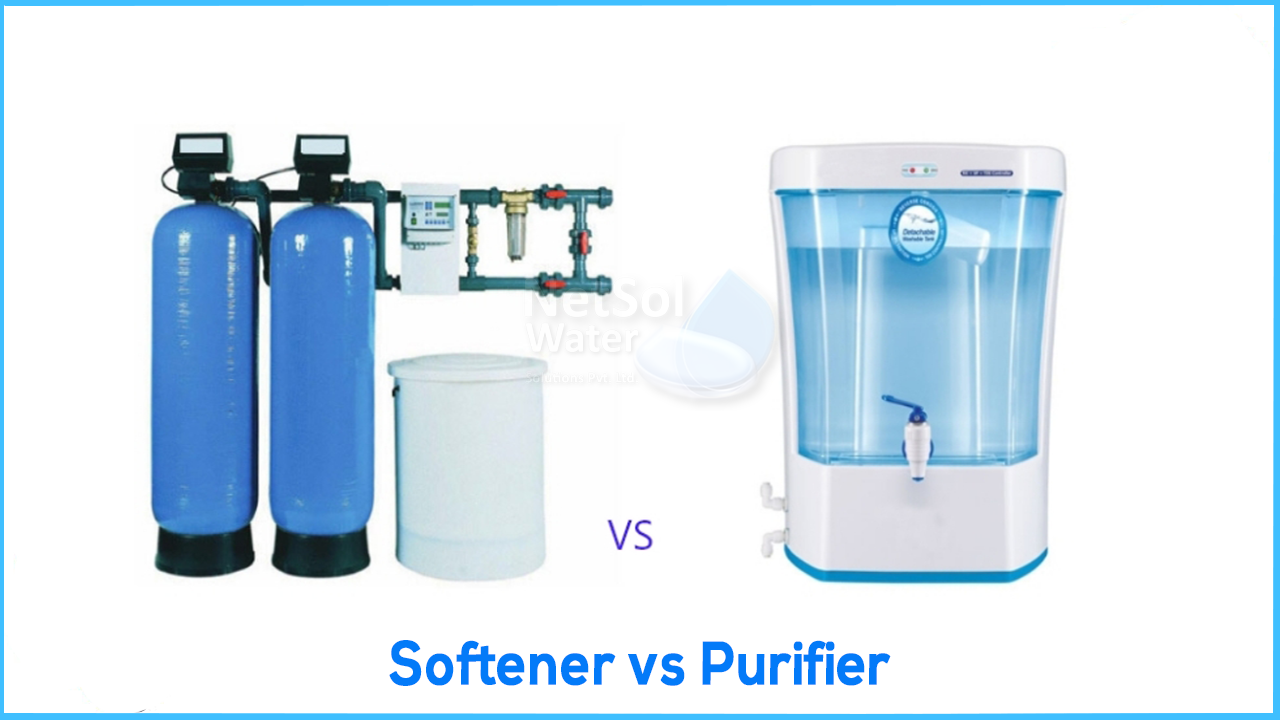Hard Water & Soft Water
There are usually two types of water supplies to each house in India. One is the more common municipal water supply, and the less common bore well water. The former is usually the main source of water in cities and urban areas, whereas the latter is generally more common in rural areas and unauthorized colonies. The municipal water supply is primarily processed for drinking. So, it undergoes various processes to make it fit for drinking, meaning any particulate matter and minerals are completely removed. In the bore well water supply, a groundwater pump gives us water directly from the groundwater table without processing. So, the water consists of many particles and minerals such as calcium and magnesium in considerable amounts. The presence or absence of these minerals and dissolved solids is what makes your water hard or soft. Hard water is not considered fit for both drinking and daily chores like washing and bathing. How damaging can hard water be, depends on the level of hardness?
How Does Water Softener Works?
This is relatively easy to understand now that you have understood the difference between hard and soft water. There are several ways of converting hard water to soft water but the most popular and most effective is ion exchange. An Ion-exchange hard water softener passes the hard water through resin beds (generally common salt that you use in your home). The negatively charged sodium ions in the ‘resin beds’ attract the positively charged mineral ions in the hard water and bind the ions to themselves, leaving the water mineral-free.
How Does Water Purification Work?
Unlike a water softener, a water purifier (depending on purification stages), filters out not only minerals but other impurities such as dirt, dust, sand, bacteria, viruses, chlorine, pesticides, heavy metals, and other contaminants. A water purifier is slightly more complex in its working than a water softener because it is not a single-step process but involves several layers/stages of filtration. In simple terms, water purification is a two-step process, of which the primary is physical filtration and the secondary is chemical filtration. Physical filtration involves removing physical contaminants like dirt, dust, sand, etc., while chemical filtration involves removing impurities, invisible to the naked eye, like bacteria, viruses, and chemical impurities like chlorine, pesticides, heavy metals, and other dissolved solids.
Does a Water Softener Purify Water?
No. A water softener does not purify water. This is a common misconception, but there is an evident difference between the functioning of both.As explained above, the two water-related machines perform different functions in treating water. A water softener only reduces the hardness of water but cannot filter out visible and invisible impurities like a water purifier. Hence, a hard water softener cannot purify water.
So the choice for you is softener if you want to make the water fit for daily chores like bathing, cleaning, washing clothes and utensils or you want to avoid damage to your bath fittings and home appliances like washing machines, water heaters, dishwashers, etc.




